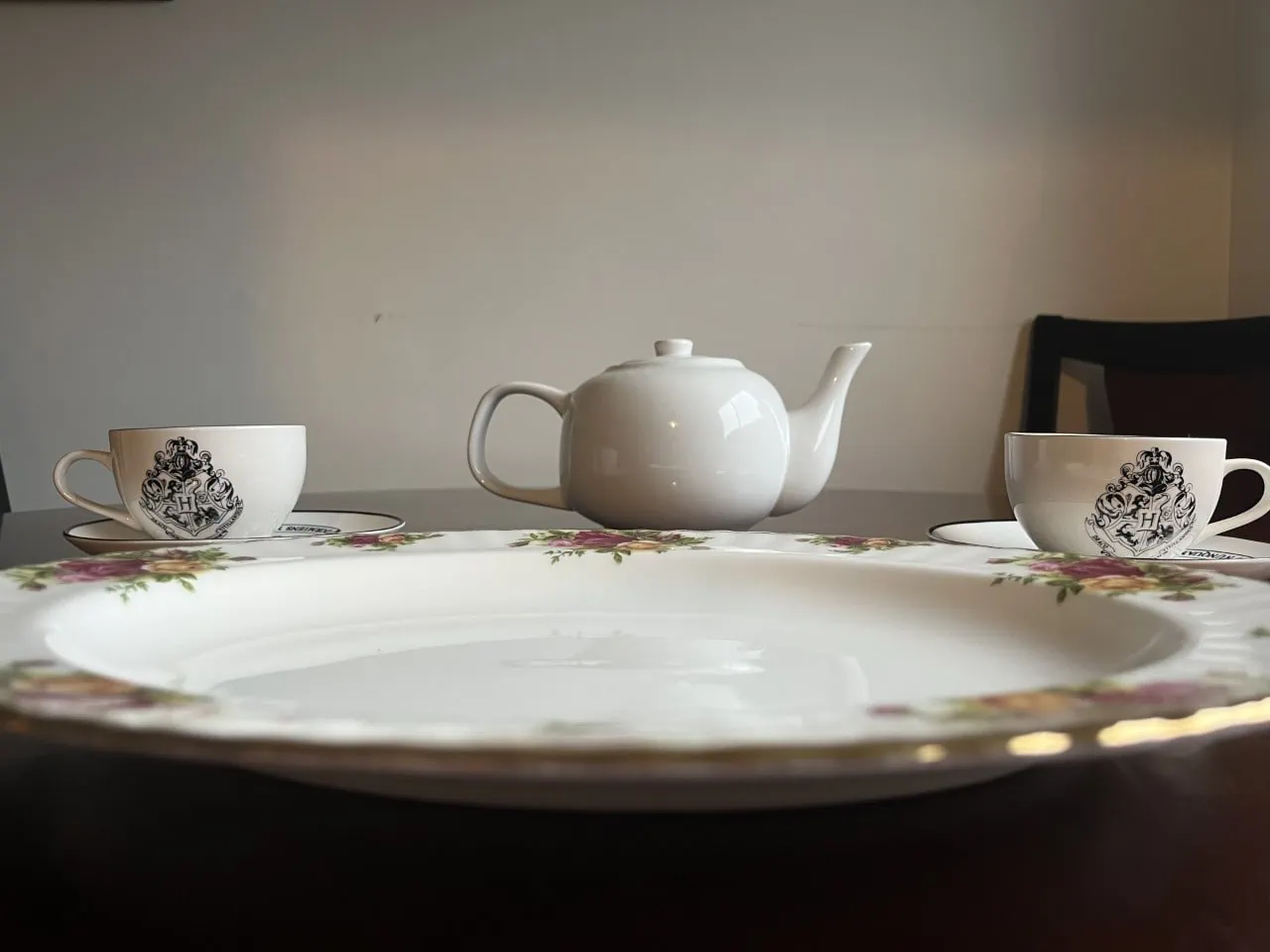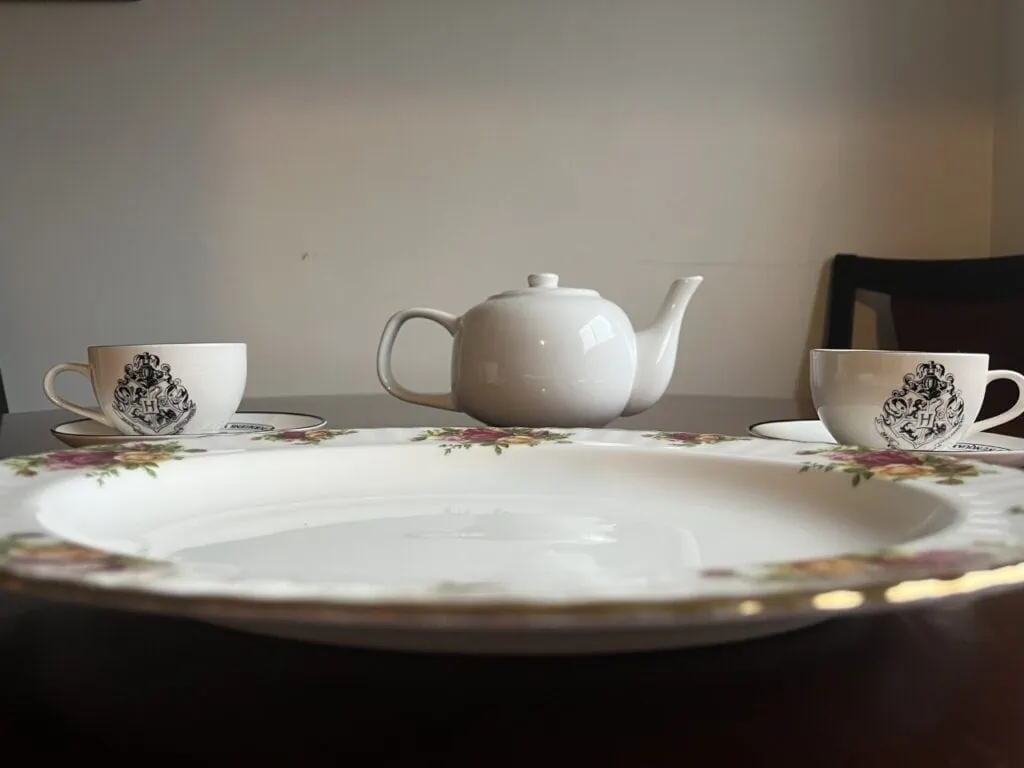I think most Dal students have read at least one Georgian (1714 to 1830), Regency (1811 to 1829), or Victorian-era work (1837 to 1901). How would life be if we held similar values today? Should we make extravagant five-course meals, wear fancy-schmancy outfits that restrict our breathing and engage in the finer sophisticated activities such as card parties?
I admit that I’m biased. The whole dark academia thing absolutely gets me going and I find it goes hand in hand with the Victorian era. But these historical periods weren’t all ballgowns and waistcoats.
Some who lived through the Georgian and Victorian times were tremendously troubled (look no further than HP Lovecraft). I hypothesize it’s because there was an extremely repressive atmosphere forced upon them. Some examples include the imprisonment of Oscar Wilde for his sexual preferences or men in England selling their wives instead of divorcing them.
Let’s focus on the aesthetics and activities of the time, while keeping in mind the racism, colonialism, imperialism and violence on which the lavish aesthetic of these periods was built on. All of which is messed up beyond belief and inexcusable.
En route to Pemberley
The magic of historical novels, namely those of Jane Austen, exists in the layers of the characters and power dynamics. Austen lived from 1775 to 1817 during the Georgian and Regency era. Social status and even communication, especially within the upper class, were much different than the freedom and casual speech we’re used to today.
If someone wants you to bugger off today, they say so. Or they simply walk away and find new friends. Our world is smaller, social spaces more fluid and personal networks are larger.
When Austen wrote, people were judged based on the breadth and longevity of their social networks, class and title. Even the type of hat they wore helped to determine their place in society. The more hats and hat pins a woman owned, the more wealthy and important she was considered.
Austen’s books introduce us to a world where people of good standing rarely engaged in conflict (at least not in public). Instead, they used snide or passive-aggressive remarks. In Austen’s Pride and Prejudice novel, Mr. Darcy admonishes Elizabeth Bennet for her family’s inability to behave in civilized company, even while admitting his romantic feelings for her.
The passive-aggressive approach
I think we still attempt to cover outright rudeness with passive-aggressive comments, but we’re worse at it.
I experienced a prime example of this over the holidays. My mom and I argued over the definition of passive-aggressive. I called her passive-aggressive and she told me to look it up.
I did and she said, “I’m just regular aggressive. And you’re too dumb to realize when you’re getting insulted by your own mother.” To which I replied, “That’s probably true. Do you want another rye and ginger?”
I introduce this charming anecdote because it illustrates the liberalization of society and the shifting of our societal relations. We no longer delicately walk on eggshells at parties. Sons tell mothers to “F” off and mothers tell sons they must have drunk gasoline at a young age to turn out as they did (or at least in my experience).
Although we lack the subtlety and networks that enforced Austen-esque conversations, we shouldn’t throw the baby out with the bathwater. There are some worthwhile lessons tucked away in the romanticized eras gone by.
Graveyards and board games
I notice folks now put more effort into crafting their aesthetics and style. It’s the same even with the media consumed and mannerisms we take. This is all good stuff, but what about the activities of old?
Should we return to card parties, elaborate feasts and Sunday morning graveyard strolls?
Yes.
Historically, these activities had an immediate appeal. Playing games, eating and having fresh air all helped maintain a strong personal constitution. The secondary benefit was fostering conversation.
What’s the point of playing Monopoly if you don’t trash-talk your friends as they lose? Or flexing your cooking ability if nobody’s talking about how good everything tastes? And the graveyard walks are just so deliciously macabre they don’t need a reason to be renewed as a favourite pastime.
What the Georgian and Victorian people were good at was finding a balance between leisure and boredom (as long as you were upper class, white and male). We should work to encourage activities that focus on human interaction and conversation again, but for everybody.
So, would it be fun to take things back to the days of Austen or Edgar Allan Poe? In a lot of ways, absolutely.
Prepare a three-course meal, play an hour of billiards (Oasis on Spring Garden Road, although not very Victorian, is a fun place for that) and visit Viola Desmond’s grave at the Camp Hill Cemetery on Summer Street (Alexander Keith is there too). As long as you have your people with you and it sparks conversation, I consider the activities worthwhile.



Recent Comments